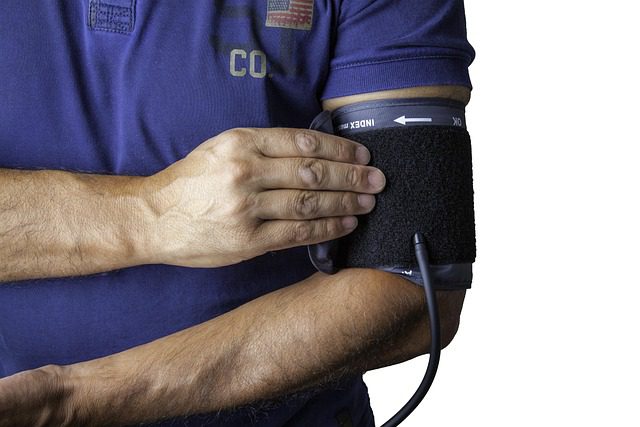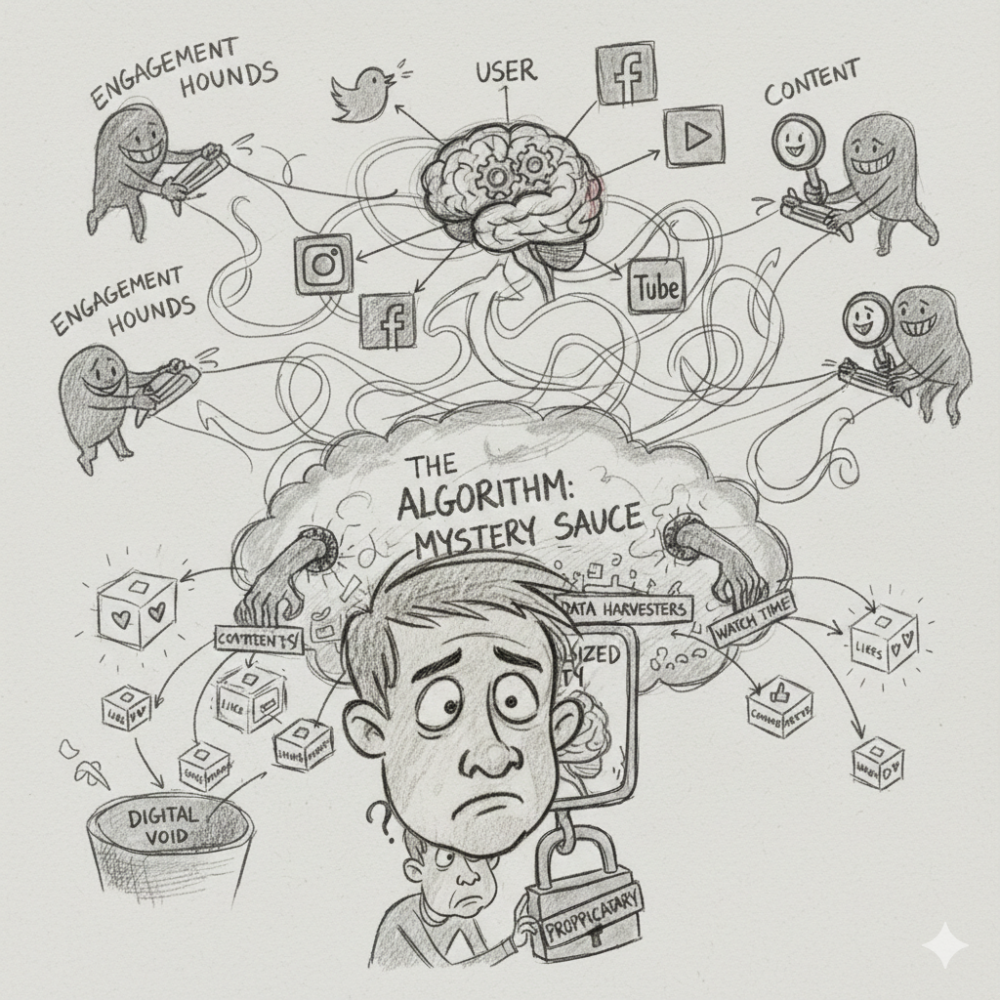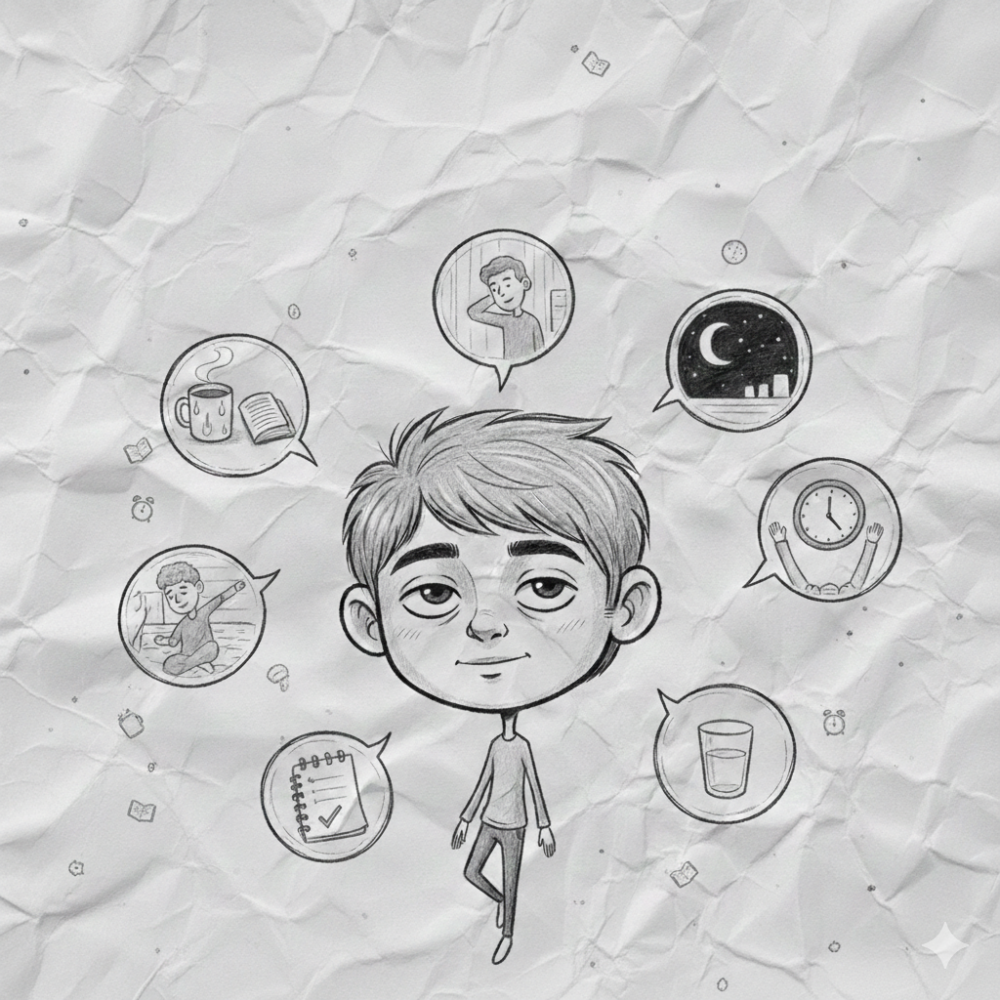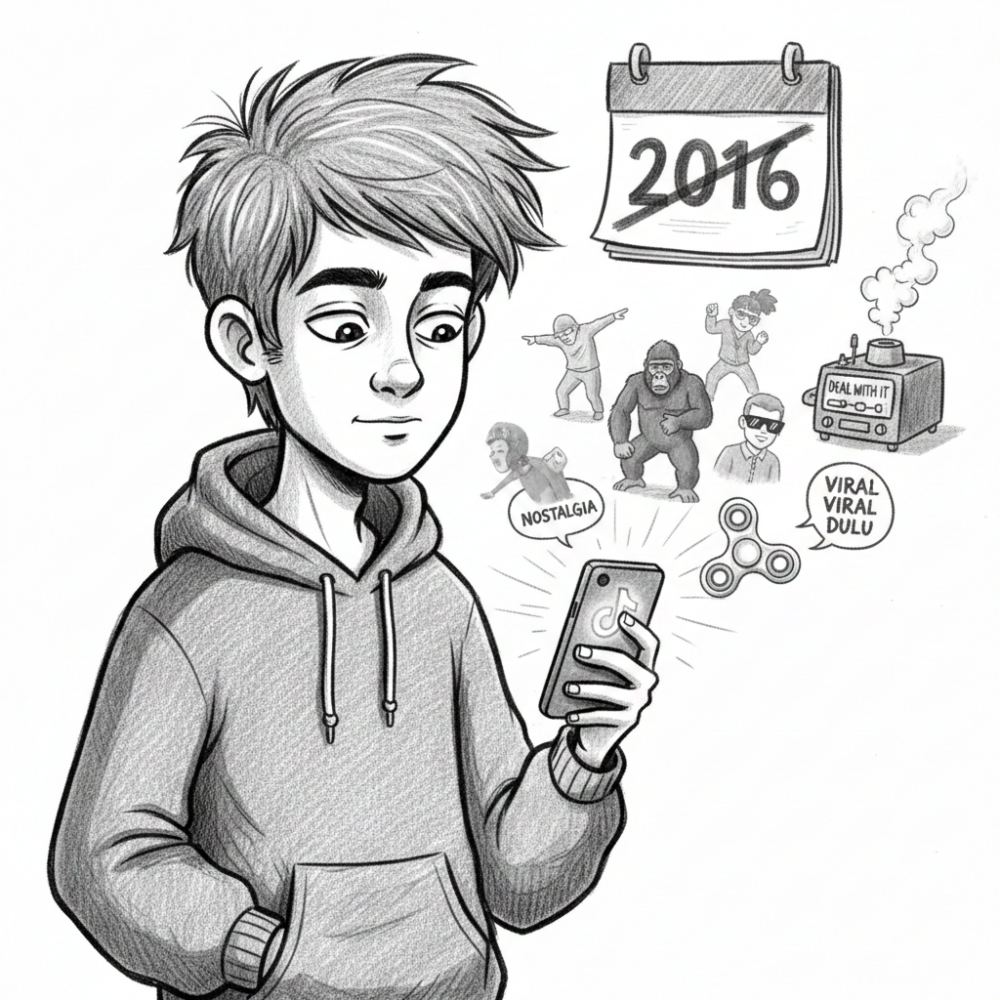The Growing Concern Over Blood Pressure Medication Safety
In recent years, a growing number of blood pressure medication recalls have sparked unease among patients and healthcare professionals alike. What was once a symbol of medical reliability has, in several instances, become a source of apprehension. Contaminants, production errors, and undisclosed impurities have threatened the sanctity of treatments designed to protect human life. This unsettling reality has driven both regulatory bodies and consumers to reexamine the pharmaceutical industry’s safeguards.
How Recalls Impact Patients’ Health and Trust
A recall is more than a regulatory procedure—it’s an emotional event that shakes patient confidence. When a trusted medication is suddenly deemed unsafe, anxiety and confusion often follow. Patients may experience interruptions in therapy, uncertainty about alternatives, and fear of potential health consequences. The recall of blood pressure medications, especially those tied to carcinogenic impurities, has left many questioning not only the drugs they take but also the system meant to protect them.
Understanding Blood Pressure Medications
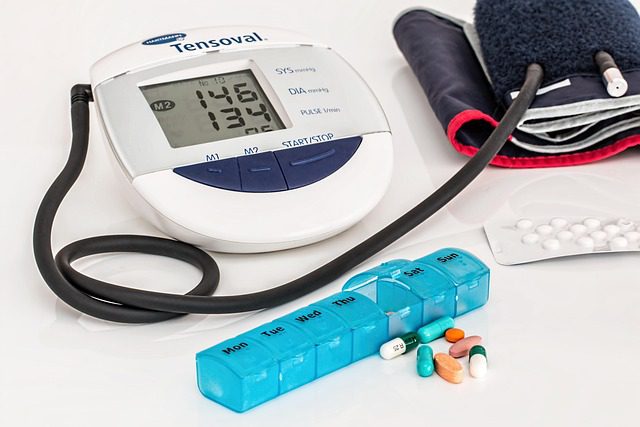
Photo by Pixabay / Free to use under license.
Common Types of Blood Pressure Drugs and Their Uses
Antihypertensive medications come in various forms—ACE inhibitors, beta-blockers, calcium channel blockers, diuretics, and angiotensin II receptor blockers (ARBs). Each class targets a different mechanism within the cardiovascular system. ACE inhibitors, such as lisinopril, relax blood vessels. Beta-blockers, like metoprolol, reduce heart rate and output. ARBs—among them valsartan, losartan, and irbesartan—block hormonal triggers that constrict vessels. These medications, taken daily by millions, are vital for preventing strokes, heart attacks, and kidney failure.
How These Medications Work Within the Body
Blood pressure regulation hinges on the delicate interplay between hormones, blood vessel tension, and fluid balance. These drugs modulate that equilibrium, often by reducing the workload on the heart or dilating arteries to enhance blood flow. However, their effectiveness depends on precise formulation and purity. Any deviation in chemical structure can alter their intended effects, sometimes catastrophically.
Why Consistent Quality Control Is Crucial in Manufacturing
The margin for error in pharmaceutical production is razor-thin. A minute impurity can transform a life-saving compound into a potential health hazard. Consistent quality control ensures that each tablet maintains its therapeutic efficacy while remaining free of contaminants. Inadequate oversight—whether due to faulty equipment, substandard ingredients, or negligent testing—has been at the core of many recalls.
What Triggers a Medication Recall?
The Role of the FDA in Monitoring Drug Safety
The U.S. Food and Drug Administration (FDA) serves as the vigilant guardian of public health. Its mission extends beyond approving new medications; it continuously monitors drugs already in circulation. When safety issues arise—whether from internal investigations or consumer complaints—the FDA collaborates with manufacturers to assess risk and determine appropriate action.
Quality Control Failures and Contamination Risks
Contaminants often emerge when factories fail to uphold sanitary standards or when chemical reactions during production yield unintended byproducts. The infamous discovery of NDMA, a probable human carcinogen, in certain blood pressure medications was one such instance of oversight gone awry.
Labeling Errors, Misbranding, and Dosage Issues
Even seemingly benign errors, such as incorrect labeling or dosage misprints, can be perilous. A mislabeled tablet might lead to an overdose or underdose—both potentially life-threatening for those with fragile cardiovascular systems.
Voluntary vs. Mandatory Recalls: What’s the Difference?
Manufacturers may initiate voluntary recalls to preempt regulatory intervention, while mandatory recalls occur when the FDA compels compliance. In either case, swift communication is essential to prevent further harm.
Recent Blood Pressure Medication Recalls
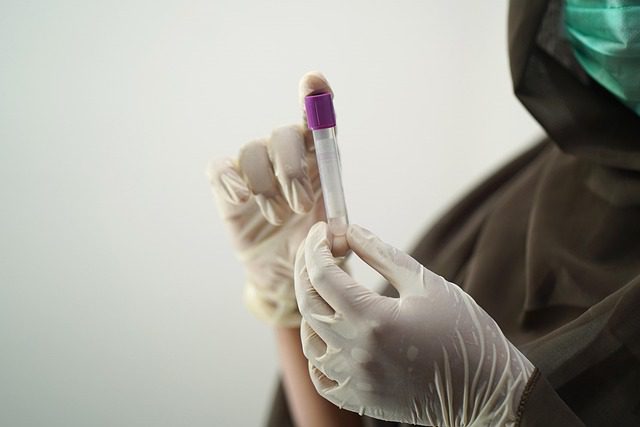
Photo by Pixabay / Free to use under license.
Notable Recalls in Recent Years and Their Causes
Between 2018 and 2022, multiple recalls rocked the antihypertensive drug market. Companies withdrew numerous batches after discovering NDMA and related impurities. These recalls impacted not only U.S. patients but global markets reliant on the same manufacturing chains.
Commonly Affected Medications: Valsartan, Losartan, and Irbesartan
ARBs bore the brunt of these recalls. Valsartan, losartan, and irbesartan—often manufactured overseas—were contaminated due to flawed synthesis processes involving certain solvents and reagents.
The NDMA Contamination Crisis: How It Unfolded
NDMA contamination arose when chemical intermediates degraded during synthesis or when improper cleaning between production runs allowed residue accumulation. Over time, these compounds reached concentrations considered hazardous by international safety standards.
The Global Ripple Effect on Drug Supply Chains
The recalls created shortages, price surges, and panic among patients and providers. Pharmacies scrambled to replace contaminated stock, while regulators worldwide reevaluated import protocols and manufacturing transparency.
Understanding NDMA and Other Contaminants
What NDMA Is and Why It’s Dangerous
NDMA (N-nitrosodimethylamine) is a volatile compound classified as a probable human carcinogen. While it can form naturally in trace amounts, prolonged exposure—even at low doses—poses significant health risks, particularly to the liver.
How Carcinogenic Impurities Enter the Manufacturing Process
These contaminants can emerge through inadequate purification, chemical degradation, or the reuse of solvents. When oversight lapses, even advanced laboratories may fail to detect early warning signs.
Testing and Detection Methods Used by Regulatory Bodies
Regulatory agencies now employ high-performance liquid chromatography and mass spectrometry to detect even trace amounts of NDMA. Enhanced testing protocols have since become standard to prevent recurrence.
Health Risks and Potential Side Effects

Photo by Pixabay / Free to use under license.
Short-Term vs. Long-Term Health Implications
Short-term effects of contaminated drugs may be subtle—mild headaches, dizziness, or nausea. However, long-term exposure to carcinogenic impurities raises the risk of liver damage and various cancers, warranting immediate medical attention.
What to Do If You’ve Been Taking a Recalled Medication
Patients should not abruptly stop their medication without consulting a healthcare provider. A doctor can recommend safe alternatives or prescribe uncontaminated versions to maintain cardiovascular stability.
The Psychological Toll of Medication Uncertainty
The fear that one’s daily medication might be harmful can trigger deep anxiety. Many patients report feelings of betrayal and hypervigilance, leading to distrust of the medical system as a whole.
How to Check If Your Medication Has Been Recalled
Reliable Sources for Recall Information
The FDA’s official website lists up-to-date recall notices, as do many pharmacy chains and healthcare networks. Patients should rely on these verified sources rather than social media rumors.
How to Read Medication Lot Numbers and Labels
Every medication bottle contains a lot number—a code linking it to a specific production batch. By comparing this code to published recall lists, consumers can quickly verify safety.
Using FDA Databases and Pharmacy Alerts
Pharmacies often issue automated alerts via email or phone when a recall affects their customers. Patients can also subscribe to FDA recall notifications for real-time updates.
What Patients Should Do After a Recall Notice
Steps to Take Immediately After Learning of a Recall
Keep calm, verify the recall through official channels, and contact your healthcare provider before discontinuing use. Immediate cessation without medical supervision can be dangerous.
How to Consult Your Doctor or Pharmacist Safely
Bring the medication bottle or packaging to your appointment for identification. Pharmacists can help determine if your specific lot is affected and assist in finding substitutes.
Proper Disposal of Recalled Medications
Recalled medications should never be flushed down toilets or discarded in regular trash. Many pharmacies and community centers offer safe disposal programs to prevent environmental contamination.
Understanding Replacement and Refund Options
Manufacturers and pharmacies often provide replacements or refunds. Documentation—such as the prescription label and purchase receipt—can expedite the process.
The Role of Healthcare Providers
How Physicians Handle Recall Notifications
Doctors receive alerts from both the FDA and pharmaceutical distributors. They must promptly contact affected patients and adjust treatment plans to ensure continuity of care.
Communication Protocols Between Pharmacies and Patients
Pharmacies act as intermediaries, relaying recall information directly to patients. Effective communication can prevent panic and reduce health risks.
Ensuring Patient Safety Through Ongoing Monitoring
After a recall, physicians often schedule follow-up appointments to monitor blood pressure stability and check for any adverse reactions.
Pharmaceutical Accountability and Legal Implications
Lawsuits and Settlements Stemming from Recalls
Numerous lawsuits have emerged, with plaintiffs alleging negligence and harm from contaminated drugs. These cases underscore the moral and legal duty of pharmaceutical manufacturers to maintain purity.
Manufacturer Liability and Regulatory Oversight
Companies that fail to uphold safety standards face hefty fines, product bans, and reputational damage. Regulatory scrutiny intensifies with each infraction, driving systemic change.
The Push for Stricter Manufacturing Standards
In response to recurring contamination scandals, governments are advocating for enhanced audits, transparency, and traceability within global pharmaceutical networks.
Global Manufacturing and Supply Chain Challenges

Photo by Pixabay / Free to use under license.
Outsourcing Drug Production: Benefits and Risks
While outsourcing lowers costs, it introduces risks tied to inconsistent oversight. Factories located abroad may not adhere to the same stringent standards as domestic producers.
How International Factories Influence U.S. Drug Safety
Many recalled blood pressure medications were traced to overseas plants where inspections were infrequent. This has reignited calls for stronger global harmonization of drug safety protocols.
The Importance of Transparency in the Supply Chain
Every stage of the supply chain—from raw material sourcing to final packaging—must be visible to regulators. Transparency builds accountability and fosters trust among patients.
FDA Oversight and Policy Reform
How the FDA Investigates and Responds to Contamination
Upon detection of impurities, the FDA issues warning letters, halts distribution, and coordinates with manufacturers to recall affected lots. These actions, though reactive, are critical for public safety.
Emerging Technologies in Drug Quality Assurance
AI-driven quality checks, blockchain tracking, and automated testing systems now enhance the detection of anomalies in production lines. These technologies promise a safer pharmaceutical future.
Calls for Stronger Recalls and Faster Public Warnings
Advocates urge that recall information be disseminated more rapidly through digital platforms and pharmacies to minimize exposure time.
Patient Advocacy and Public Awareness
The Role of Consumer Watchdog Groups
Organizations such as Public Citizen and consumer safety networks act as watchdogs, pressuring regulators to enforce stricter standards and increase corporate accountability.
How Patients Can Advocate for Safer Medications
Patients can report side effects via the FDA’s MedWatch system, join advocacy groups, and support legislation that prioritizes drug safety.
Leveraging Social Media to Spread Recall Awareness
Social media, when used responsibly, amplifies recall information and empowers communities to stay informed. Awareness shared online can save lives.
Alternatives and Future Directions
Safe Alternatives to Recalled Medications
When a drug is recalled, alternatives within the same class are often available. Physicians carefully select replacements to ensure efficacy while minimizing side effects.
Advancements in Blood Pressure Treatment Research
Emerging therapies, including gene-based treatments and innovative drug formulations, are paving the way for safer, more personalized hypertension management.
The Future of Personalized and Safer Pharmaceuticals
Pharmacogenomics—the tailoring of medications to an individual’s genetic profile—promises to reduce adverse reactions and enhance drug compatibility.
Preventing Future Recalls
Best Practices in Drug Manufacturing and Quality Control
Routine equipment sterilization, third-party testing, and real-time monitoring are fundamental to preventing contamination.
Strengthening Global Collaboration in Drug Safety
International cooperation through data sharing and joint inspections can help prevent global supply chain vulnerabilities.
The Role of Artificial Intelligence in Detecting Risks Early
AI systems can analyze production data in real-time, identifying anomalies long before they manifest as safety threats.
Emotional and Psychological Support for Patients
Managing Anxiety Related to Medication Recalls
Coping mechanisms such as mindfulness, counseling, and open dialogue with healthcare providers can alleviate recall-related anxiety.
Finding Support Networks and Counseling Options
Support groups, both online and in-person, provide shared experiences and reassurance for those affected by drug recalls.
Rebuilding Trust in the Healthcare System
Transparency, accountability, and compassionate communication are vital to restoring public confidence in the medical establishment.
Key Takeaways
Lessons Learned from Past Recalls
Each recall serves as a lesson in vigilance, underscoring the necessity of strict oversight and ethical manufacturing practices.
How Patients Can Stay Proactive About Medication Safety
Reading labels, staying informed, and maintaining open communication with healthcare providers empower patients to safeguard their health.
The Importance of Vigilance in a Complex Pharmaceutical World
In an era of mass production and global trade, vigilance remains humanity’s most powerful safeguard against unseen dangers.
Conclusion
The Path Toward Safer Blood Pressure Treatments
The journey toward safer medications demands collaboration—among regulators, manufacturers, and patients. Each must uphold their role in ensuring that life-saving drugs remain just that—life-saving.
Why Awareness and Advocacy Remain the Strongest Defense
Knowledge is a shield. Awareness transforms fear into action, and advocacy ensures that the mistakes of the past are not repeated. In the pursuit of health, vigilance is not optional—it is essential.
